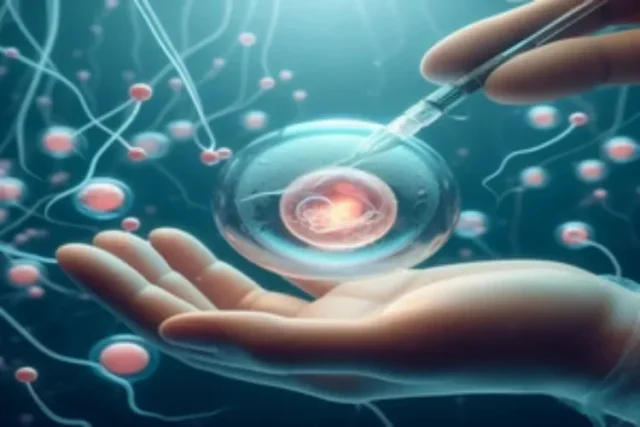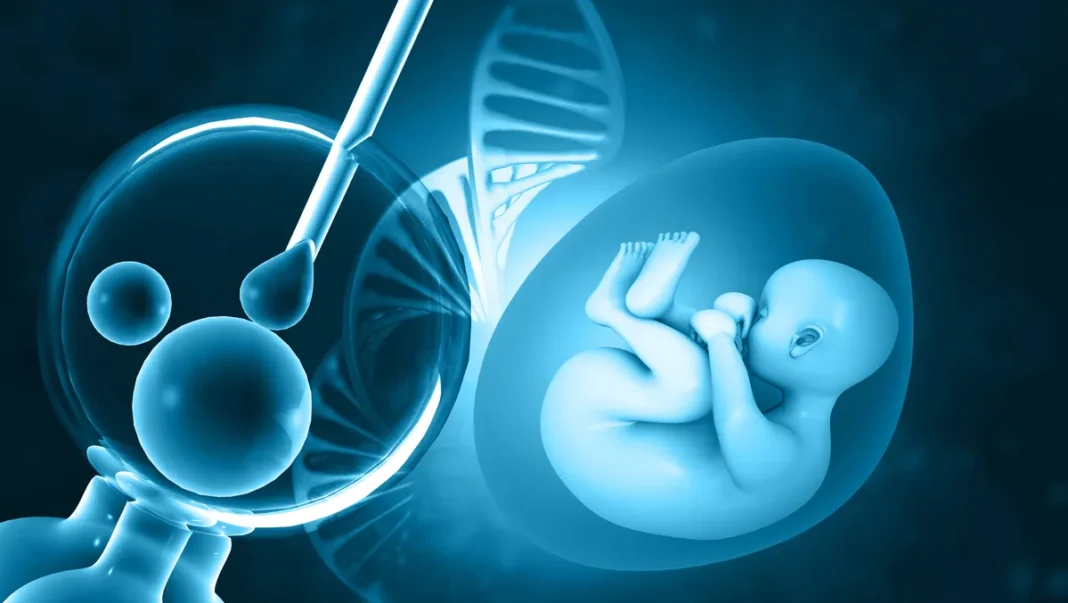AI in fertility is moving faster than the law. In the US, oversight is limited. Europe is moving toward stricter frameworks, while elsewhere, regulation is still evolving.
Artificial intelligence (AI) is has become part of our everyday lives. It drafts our emails, plans our meals, suggests travel routes, and even keeps us company in the middle of the night. In many ways, AI is a wonderful helper—responsive, tireless, and nonjudgmental. But when that helper enters the fertility clinic, the stakes rise. It begins to shape how families are formed, how doctors interpret biology, and how technology enters the most intimate corners of human life.

AI adoption in fertility care has moving faster than the law. In the United States, oversight is limited. Europe is moving toward stricter frameworks, while elsewhere, regulation is still evolving. For patients, this means new technologies may appear in clinics before clear protections are in place. Some advances bring hope and relief; others stir unease.
AI vs. the Body’s Own Signals
Many people track ovulation to better understand their fertility windows. Traditional apps rely on averages, which often fail to capture individual variation. AI-based trackers now analyze heart rate, sleep, and body temperature to create more personalized profiles (Lyzwinski, Elgendi, & Menon, 2024). This promises sharper accuracy, but also raises a question: are we deepening body awareness, or outsourcing it to machines? For some, AI reduces uncertainty. For others, it erodes self-trust and fosters dependence—fueling the painful sense that their bodies cannot be trusted.
Embryo Selection: The Algorithmic Eye

In IVF, choosing the right embryo is crucial. Embryologists have traditionally relied on their training and experience to assess embryo health. Increasingly, AI is entering the process—spotting microscopic patterns and ranking embryos by predicted success (Zaninovic & Rosenwaks, 2020). But what happens when human and algorithm disagree? Should genetic “predictions” override human judgment? As clinics adopt these tools, transparency is essential to maintain trust and ensure patients give fully informed consent.
When Personalization Feels Like Prediction
Repeated IVF cycles often involve adjusting protocols. AI promises more precise tailoring by analyzing ovarian reserve markers, hormone levels, and past responses (Canon et al., 2024). In theory, this personalization could reduce failed cycles and heartbreak. Yet personalization can easily slip into prediction. Patients may unconsciously interpret tailored plans as guarantees, magnifying disappointment when outcomes fall short.
Privacy and Bias
AI depends on vast amounts of data—medical records, genetic profiles, and more. This raises serious concerns about privacy, ownership, and security. Patients must know how their information is stored and who has access to it.
Bias is another risk. If AI is trained mostly on data from a narrow patient group—say, women in their late 30s from a particular background—it will be less accurate for others. The result could be flawed predictions, unsuitable treatment suggestions, or misranked embryos. Fertility care cannot afford such inequities.
Balancing Technology and Humanity
Our Aim is not to erase the role of technology. The real challenge is to put technology in context: as one tool within a broader story of science, hope, and love. Data or risk categories should never be used to minimize human value. Everything is changing due to AI, but our humanity and essence endure. How do we get married to both of them?
Source: Psychology Today





